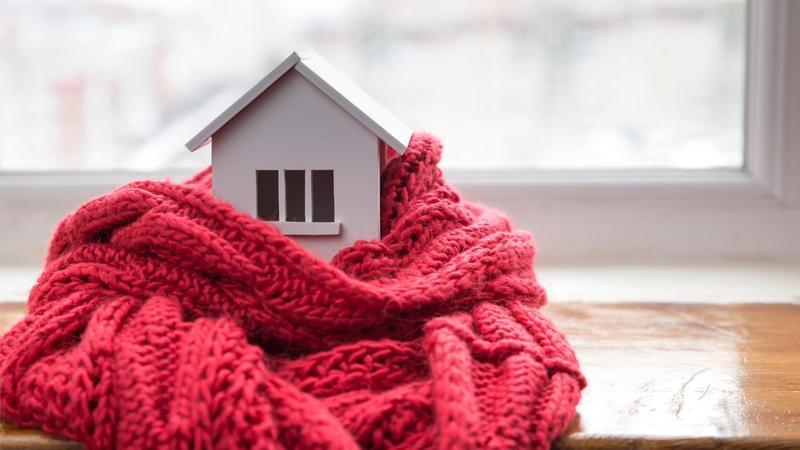Home insurance is designed to protect what is likely your biggest asset – your home. And the way your home insurance rate is calculated may seem like a mystery. But there are many reasons, both in and out of your control, that can make your home insurance rate rise and fall.
1. Location
Insurers keep track of areas where claims are common (due to extreme weather, sewage backup, flooding, etc.), and your rate may reflect their perception of whether you live in a low- or high-risk neighbourhood. Proximity to a fire hydrant, fire station or other emergency services, however, is usually a premium advantage.
2. Safety Features
Installing an alarm system, indoor sprinkler system, or smoke and carbon monoxide detector could gain you a discount, but only if they are recognized monitored systems. Ask your home insurer what systems and detectors qualify you for a reduced home insurance rate.
3. Claims History
If you’ve made multiple claims in the past, insurers will likely flag you as high risk and you’ll see an increase in your premium. If you’ve never made a claim, you could be eligible for a claims-free discount.
4. Credit History
Some insurers, where allowed, may use your credit score (with your permission, of course) as a factor in determining your home insurance rate. A poor score may cause you to pay a higher premium.
- Related Read: The Top 5 Home Insurance Myths
5. Deductibles
Your deductible is the amount you’re responsible to pay in the event of a claim or loss. A large deductible equates to a cheaper premium because your insurer will pay less should you need to submit a claim. For example, a $1,000 deductible could save you as much as 25 per cent on your policy. But make sure you’re financially comfortable with the deductible you choose because this is the amount you’ll be out-of-pocket.
6. Bundling
Purchasing your home and auto insurance policy from the same insurance company can qualify you for a bundling discount, possibly saving you five to 15 per cent off of one, or even both policies.
7. Discounts
Your insurer may offer various incentives like loyalty discounts, age discounts, mortgage-free discounts, or even non-smoker discounts. Not sure if you’re eligible? All you have to do is ask your insurer for their list of available discounts!
8. Building Material and Valuable Contents
Expensive materials and furnishings like hardwood, marble, finished basements, or wine cellars increase the replacement value of your home and can subsequently increase your rate.
9. Swimming Pools
Owning a swimming pool or hot tub can also raise your premium. These are luxury amenities that not only increase the replacement value of the home, but can also lead to injury or even fatality and thus pose as a liability to insurers.
10. Tenants
If you are renting out a portion of your home, your premium will likely be more expensive since the home is a multi-family dwelling. If you’ve renovated to create a rental suite, you’ve also added the replacement value of the home, resulting in increased rates.
- Did you know that your landlord’s policy only covers the unit you live in, and not your own personal property inside it? If you’re renting, ensure that your belongings are protected with tenant’s insurance.
The Ultimate Way to Save
We’ve listed a few of the things that can factor into your home insurance premium. Whether you’re buying a new home insurance policy, or planning on renewing, the best way to save on your home insurance is to first compare the market and find the lowest rate for your needs. Let InsuranceHotline.com do all the work for you; compare multiple home insurance quotes in less than five minutes.
